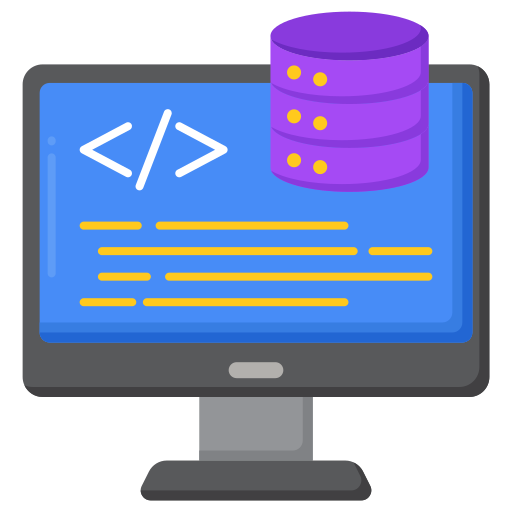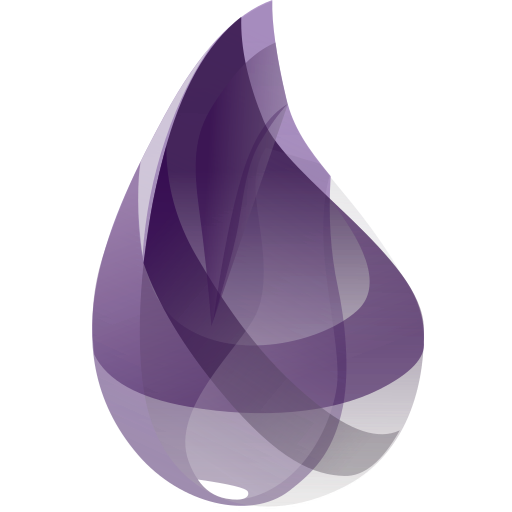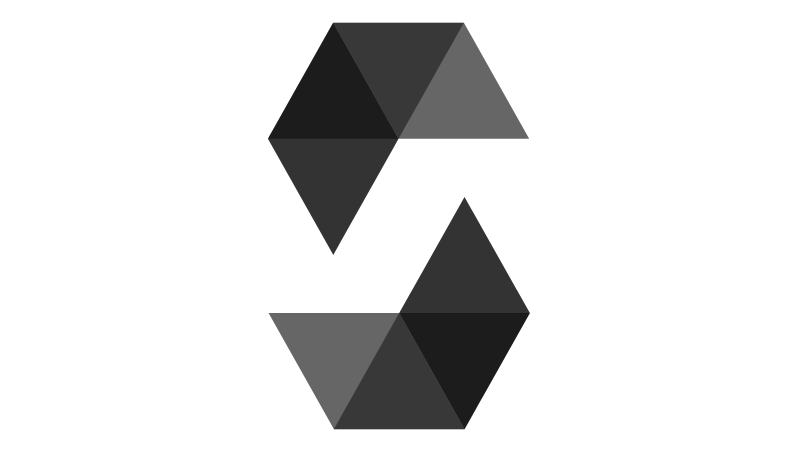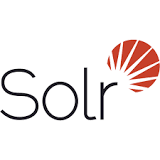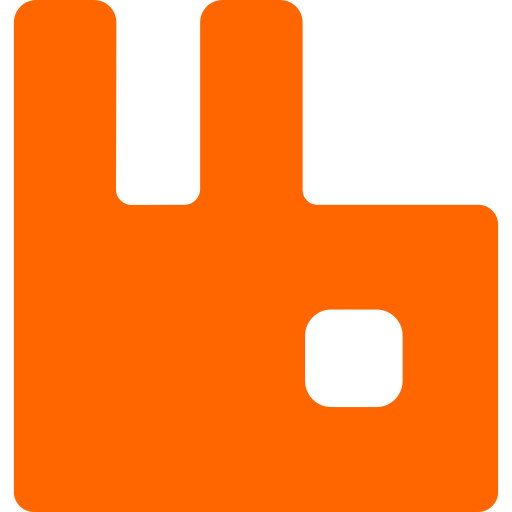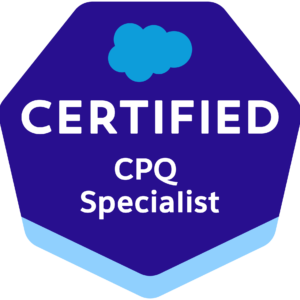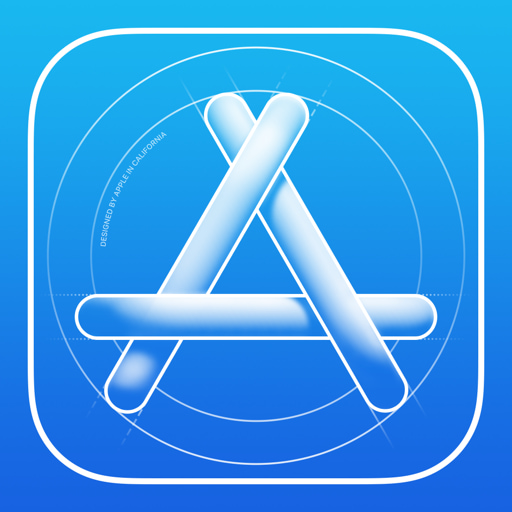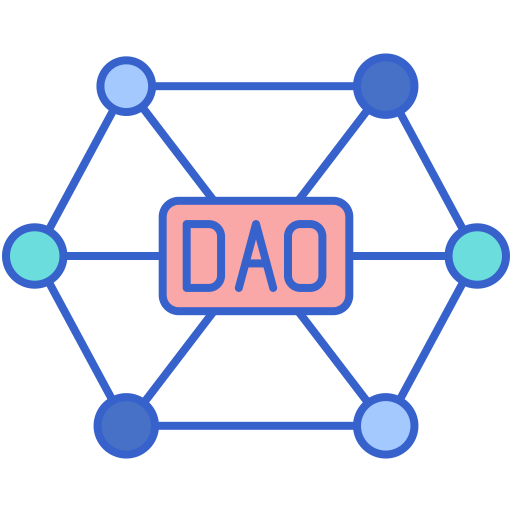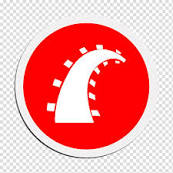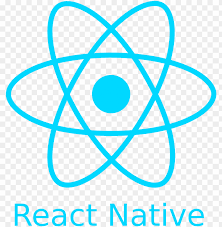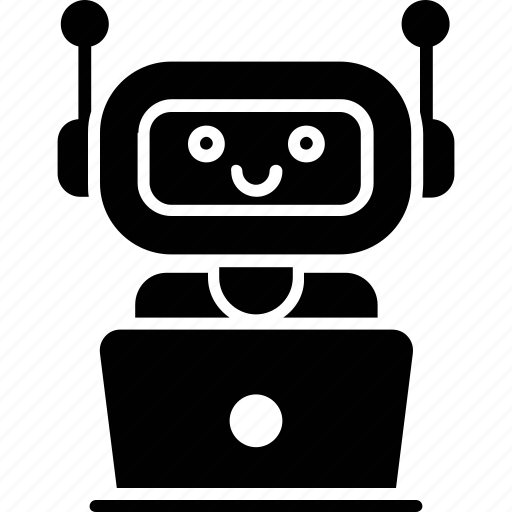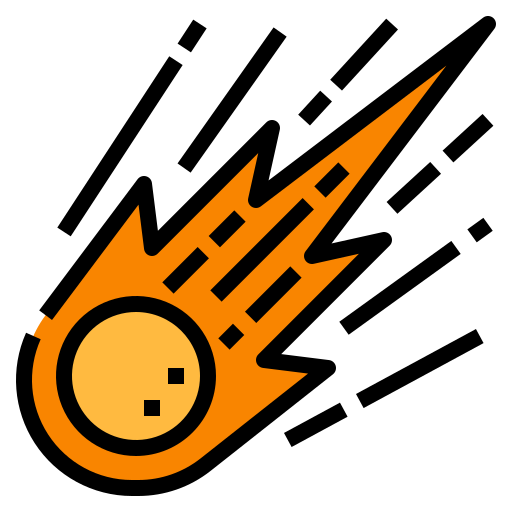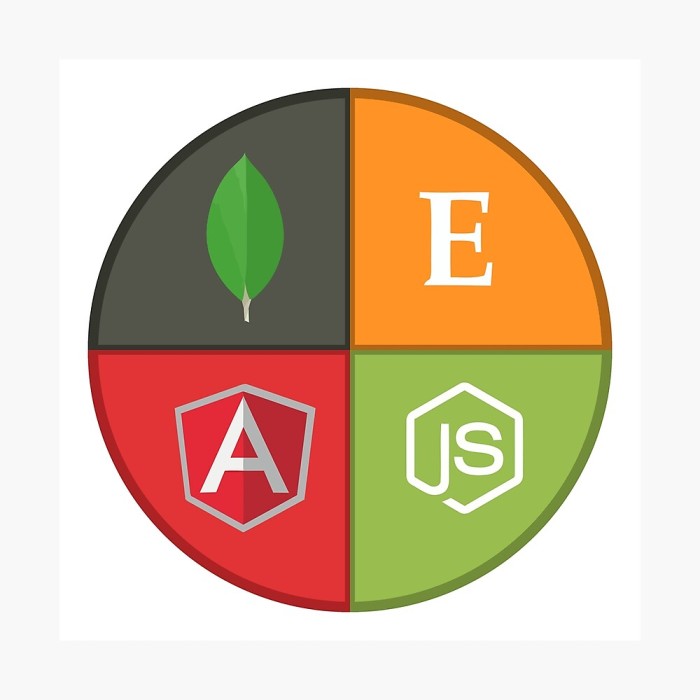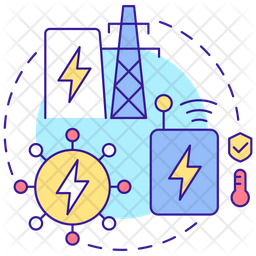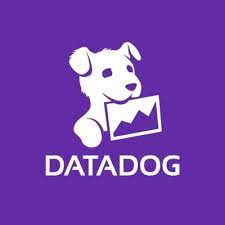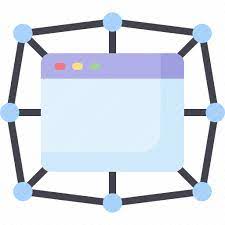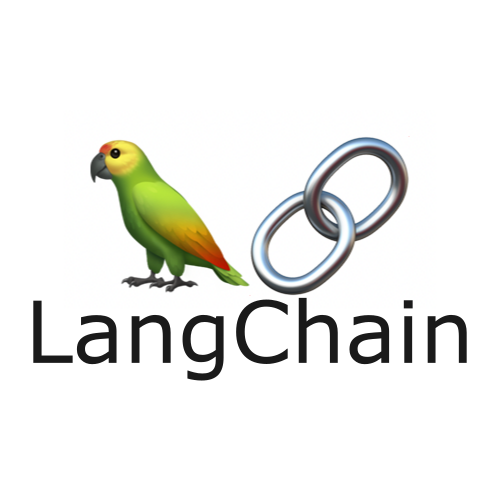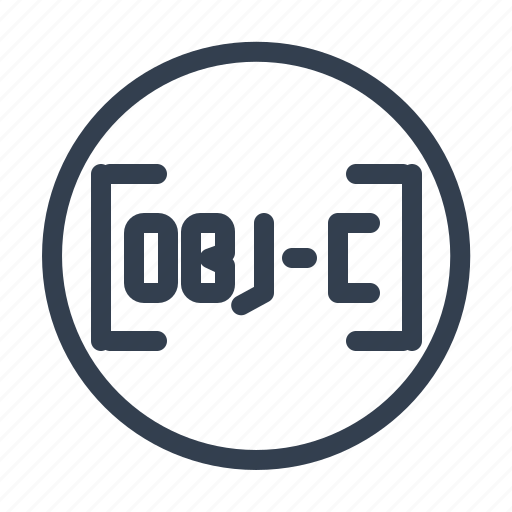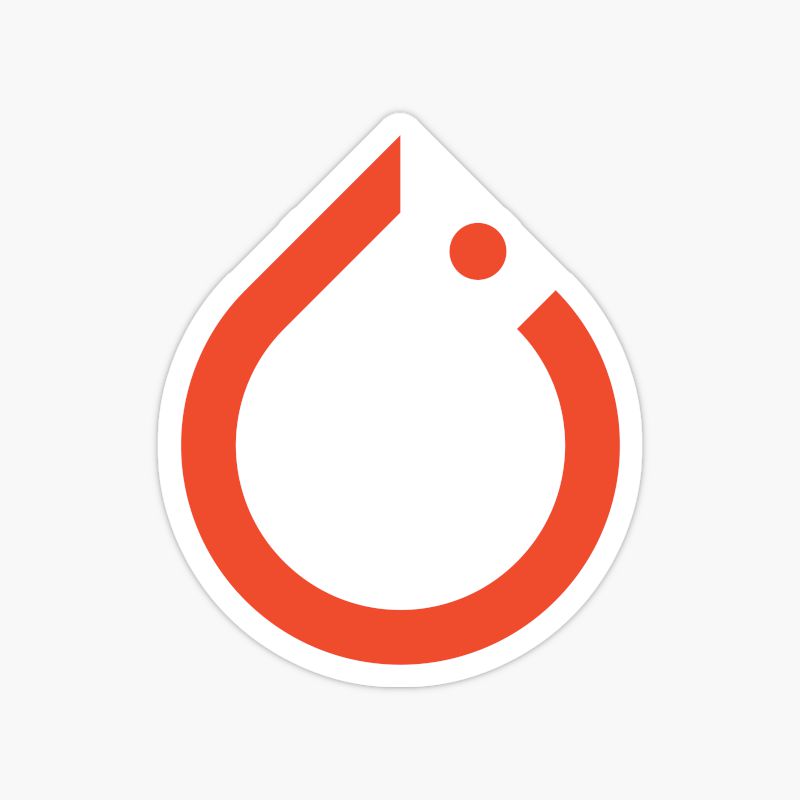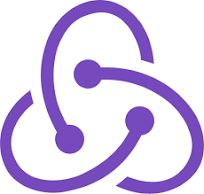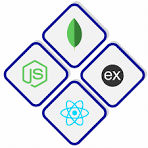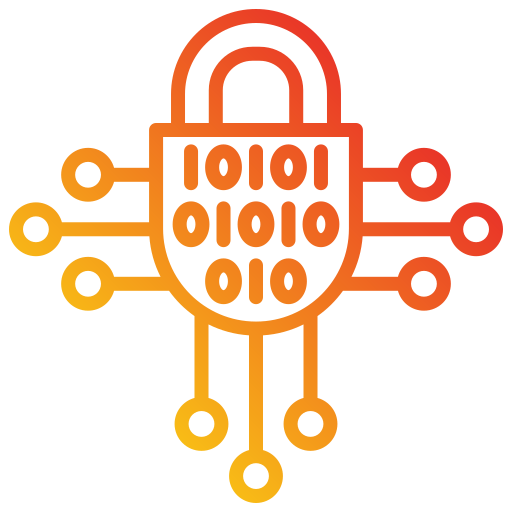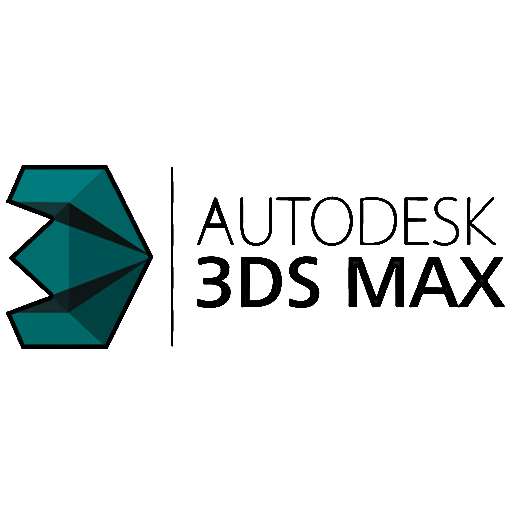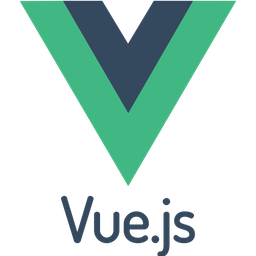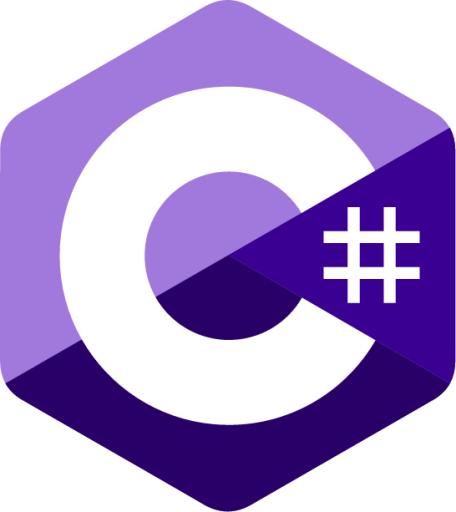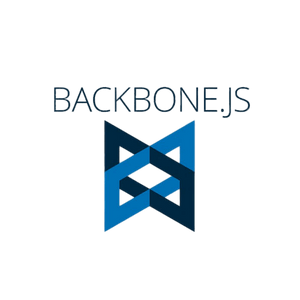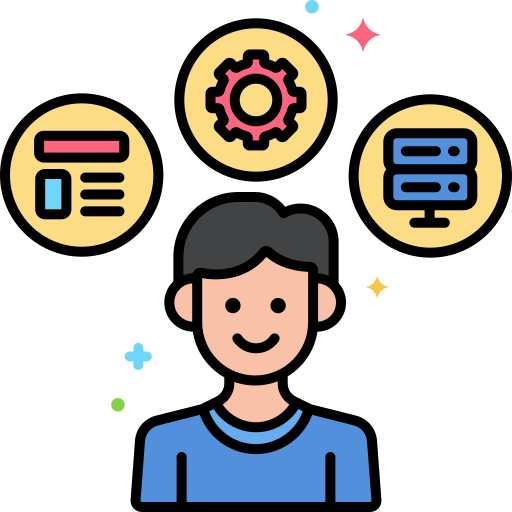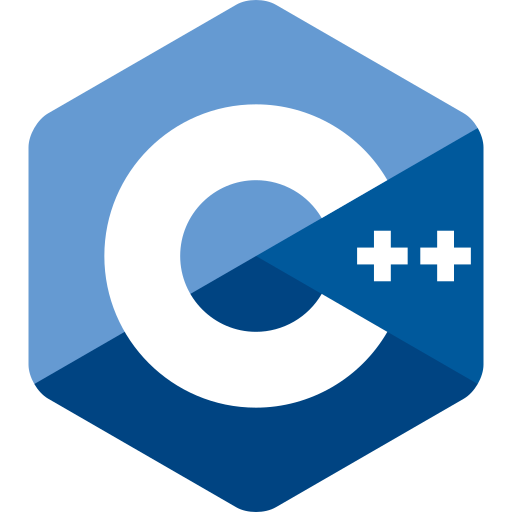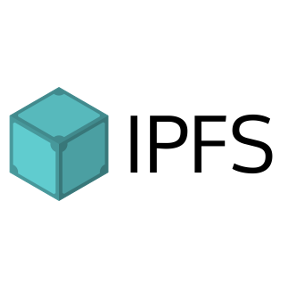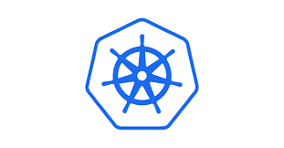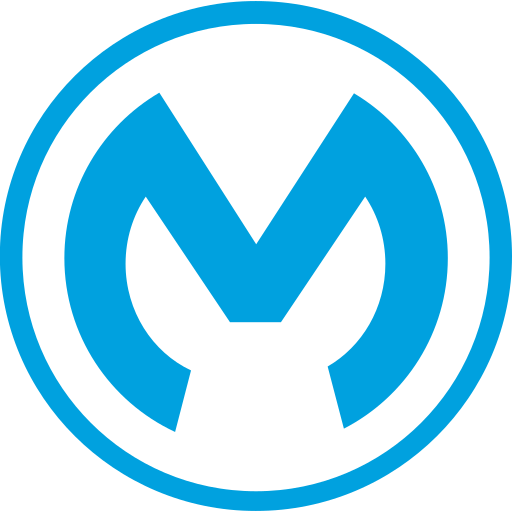Contents
What is PHP?
Why is PHP a Popular Choice for Web Development?
What are the Must-Look Skills While Hiring a PHP Developer?
What are the Key Responsibilities of a PHP Developer?
What are the Best Ways to Hire a PHP Developer?
How to Hire a PHP Developer?
Top Interview Questions to Ask While Hiring a PHP Developer
What is PHP?
PHP is a famous server-side programming language for web development due to its simplicity and versatility. PHP can help develop dynamic web pages and apps that communicate with databases and other external systems. PHP can be integrated into HTML code, helping you to combine server-side and client-side code smoothly. PHP is also open-source, meaning it is free to use and may be tweaked and customized to meet your specific requirements.
Why is PHP a Popular Choice for Web Development?
As a website owner or developer, you always look for the finest tools for building and maintaining a vibrant online presence. In designing websites, PHP is the most used programming language. In fact, W3Techs reports that PHP is utilized by about 80% of all websites that employ a recognized server-side programming language. This demonstrates the language's popularity and efficacy. So, why is PHP such a popular web development language? Let's see.
- Easy to Learn and Use
- Cross-Platform Compatibility
- Cost-effective
- Scalability and Flexibility
- Fast and Efficient
- Large Community and Support
With its simple syntax and ease of use, PHP is the ideal choice for beginners. Because the language is simple and versatile, you can quickly develop clean, concise code. PHP is also popular due to the availability of rich documentation and a large community.
Because PHP is cross-platform, its scripts can run on Linux, Unix, Windows, and macOS. Because of its interoperability, PHP is a flexible language that can be utilized in various web development settings.
PHP is open-source, free to download, simple to use, and shared. Moreover, it works with web servers like the free Apache and Nginx. Because of this functionality, PHP is a cost-effective option for you.
PHP is highly scalable and adaptable. It can smoothly run large and complex web applications, making it a fine solution for companies looking to improve their online presence. PHP also supports Laravel, Symfony, and CodeIgniter, offering many online app development choices.
PHP's architecture is built to run code quickly and efficiently, resulting in speedier website load times. PHP is a popular web development choice because it manages high-traffic websites and apps without sacrificing performance.
PHP's large developer community actively contributes to its development and maintenance. The community also offers substantial documentation, tutorials, and forums, making it simple to receive assistance when needed. PHP is a trustworthy and trusted language for web development because of its large community and support network.
What are the Must-Look Skills While Hiring a PHP Developer?
When looking for a PHP developer, there are several skills and attributes to look for a candidate that is a suitable fit for your project. So, while hiring PHP developers, you must look for the following skills:
- Proficiency in PHP
- Database Management Skills
- Front-End Development Skills
- Experience With Popular PHP Frameworks
- Familiarity With Version Control
- Attention to Detail
When hiring a dedicated PHP developer, ensure they have strong PHP core concepts, such as data types, control structures, and functions. A PHP developer can assist you in creating robust and scalable online applications. A proficient PHP developer should understand PHP syntax and be able to produce efficient and optimized code. They should be able to construct dynamic web pages and web apps that communicate with databases and other external systems using PHP. They should also be able to use PHP for file management, processing user input, and integrating third-party APIs.
A skilled PHP developer should be knowledgeable about databases like MySQL or PostgreSQL because database administration is crucial for creating online applications. They should also be conversant with database design and optimization, which may significantly influence an application's performance. Moreover, you should examine their familiarity with database management tools and technologies like SQL and ORM libraries.
An experienced PHP developer should also be familiar with front-end development. You must review their knowledge of front-end frameworks like React or Vue.js and their understanding of HTML, CSS, and JavaScript. The knowledge of front-end development is critical to guarantee that your software is user-friendly and responsive.
When looking for a PHP developer, look for candidates who have worked with popular PHP frameworks. Frameworks like Laravel, Symfony, and CodeIgniter provide a systematic and efficient way to develop web applications. A developer familiar with popular PHP frameworks can effectively use built-in features and libraries to speed up and simplify the development process, allowing them to construct web applications more quickly and efficiently. They can also aid in developing well-architected, scalable, and maintained applications.
Version control is essential for every software development project, and a professional PHP developer should be acquainted with standard version control systems such as Git. They should be familiar with collaborative development practises, such as branching and merging code changes, and be at ease utilizing systems such as GitHub or Bitbucket.
When looking for a PHP developer, looking for someone who pays close attention to detail is critical. This ability is essential since it allows developers to swiftly discover and resolve flaws and mistakes, resulting in a dependable and smooth-functioning online application. A detail-oriented developer writes clean, well-organized code that is easy to maintain and debug. They are meticulous in their coding practices and have a keen eye for detecting syntax problems, logic faults, and other defects that may damage the functioning of your online site.
What are the Key Responsibilities of a PHP Developer?
As a PHP developer, you'll have a range of responsibilities depending on the project you're working on and the company you work for. Some of your responsibilities include:
- Writing Code
- Testing and Debugging
- Collaborating With Cross-Functional Teams
- Database Management
- Integrating With Third-Party Systems
- Testing and Quality Assurance
As a developer, your primary task will be to develop clean, secure, and efficient PHP code. This comprises comprehending the application's requirements and specifications, translating them into code, and verifying that the code provides the intended functionality. Developers must have expertise with Laravel or CodeIgniter and a sound understanding of object-oriented programming principles to design reusable and scalable code.
A PHP Developer must be able to test and debug the code to verify that it satisfies the functional and technical requirements. Thus, developers should be comfortable using debugging tools and testing frameworks such as PHPUnit and troubleshooting difficulties. This includes finding and fixing issues, ensuring compatibility with different browsers and devices, and improving the program's performance.
A developer must work closely with project managers and other developers to ensure the apps are delivered on time and satisfy client expectations. This involves conveying project progress updates, participating in team meetings, and working on code reviews. You should be able to operate well in a team atmosphere and have excellent communication abilities.
As a PHP developer making and maintaining databases for web applications will fall within your purview. This is part of creating database schemas, optimising query efficiency, and ensuring data security. Moreover, a developer should be familiar with SQL and able to develop effective queries to get and update data. He should also understand database management solutions like MySQL, MongoDB, or PostgreSQL.
Integration with third-party systems like payment gateways, CRM systems, and social networking platforms is required for many online applications. As a PHP developer, you will integrate these systems into the web application and ensure they function correctly.
As a PHP developer, your main job is to ensure that your code works as planned and meets all criteria. Detailed testing and quality assurance are needed to ensure that web apps are stable and bug-free. To guarantee that your code is of good quality and satisfies the project's goals, you must create unit tests, run functional and integration testing, and do other quality assurance.
What are the Best Ways to Hire a PHP Developer?
Hiring a PHP developer with the necessary abilities and expertise ensures they are competent enough to develop the right web application. So, here are some of the best methods for finding a PHP developer:
- Freelance Marketplaces
- Job Boards
- Referrals
- Recruitment Agencies
Freelance marketplaces like Ultragenius, Upwork, etc., are great locations for finding freelance PHP developers. You may use these sites to publish your job openings and obtain proposals from eligible individuals. Further, you can look for applicants depending on their qualifications, experience, and hourly rates. Freelance marketplaces provide a vast talent pool worldwide, making selecting the ideal person for your project easier. You can hire a PHP developer online and save time and effort through these platforms. However, remember that the quality of applicants might differ significantly, and it can be challenging to evaluate their capacities without interacting with them.
Job boards like Indeed, Glassdoor, and Monster are all excellent places to look for PHP developers. You may use these sites to advertise job vacancies and get applications from eligible people. Job boards are an excellent method to reach a wider audience and attract individuals who aren't actively seeking jobs.
Requesting referrals from your professional network might efficiently locate a PHP developer with the necessary abilities and expertise. Referrals can assist you in identifying developers with a proven track record and a reputation for producing high-quality work. Moreover, they are a dependable source for hiring PHP developers in India that have previously been screened and come with a reference.
Working with a recruiting firm can assist you in locating a PHP developer that suits your unique needs. These firms have access to a vast pool of people and can assist you in screening and evaluating potential recruits.
How to Hire a PHP Developer?
A PHP developer can help you develop powerful applications using server-side scripting and a database management system. However, finding the perfect PHP developer for your project may be challenging. Thus, here is the step-by-step process to hire a dedicated PHP developer:
- Step 1: Define Your Project Requirements
- Step 2: Search for Candidates
- Step 3: Review Resumes and Portfolios
- Step 4: Conduct Interviews
- Step 5: Test their Skills
- Step 6: Check References
The first step is to acquire a grasp of your project's specifications. This includes defining your project's scope, detailing your target results, creating a realistic timeframe, and settling on a budget. You should also decide what precise abilities and expertise you want in a PHP developer.
You may begin looking for possible applicants after you have a firm knowledge of your project's needs. Job boards, professional networking sites, and freelancing markets are good ways to advertise your job opportunity. You can also seek references from your personal and professional networks.
Once you receive candidate resumes and applications, you should examine them. Look for applicants with relevant experience and talents whose resumes meet the criteria you established in the first phase. Examine their portfolios to determine whether their prior work corresponds with the aims of your project.
After you've narrowed down your list of candidates, do interviews to learn more about them. Inquire about their experience, talents, and working style. This is also an excellent time to assess their communication abilities and determine whether they match your organization.
You might ask potential applicants to perform a coding exam or a short project to ensure they have the required technical abilities. This will offer you an insight into their coding abilities and problem-solving methodology.
Evaluating your potential candidate's references before making a final selection is critical. Inquire with prior clients or employers about their experiences dealing with the candidate. This will assist you in verifying their abilities, work ethic, and reputation.
Top Interview Questions to Ask While Hiring a PHP Developer
When hiring a PHP developer, assessing them is critical to verify they have the required abilities and expertise. Thus, here are some of the questions you can ask the developer while hiring them:
- What distinguishes the PHP functions include() from require()?
- What distinguishes the PHP unset() from unlink()?
- Explain the difference between abstract classes and interfaces in PHP.
- What is a session in PHP?
- How would you protect a PHP application against SQL injection attacks?
- What is the difference between PHP sessions and cookies?
- How would you improve the performance of a PHP application?
- Differentiate between GET and POST requests in PHP?
The need() and include() methods in PHP include a file. The primary difference is that if the file cannot be found, need() will throw a fatal error and terminate the script, whereas include() will merely throw a warning and continue processing.
The unset() function destroys a variable, but the unlink() function deletes a file from the server.
Abstract classes are non-instantiable classes with one or more abstract methods that must be executed by any class that extends the abstract class. Interfaces, nonetheless, establish a set of methods that every class implementing the interface must execute.
In PHP, a session is a method of storing information about a user across numerous pages or requests. The session data is saved on the server and is accessible and modifiable as needed.
SQL injection attacks arise when user input is not adequately sanitized and is directly incorporated into SQL queries. You may avoid this by using prepared statements with parameterized queries. Prepared statements isolate the query from the user input, and the parameters are delivered to the database separately, preventing harmful SQL code from being run.
In a PHP application, sessions and cookies save data over several requests. The primary distinction is that sessions save data on the server, whereas cookies store data on the client. Sessions are typically regarded as more secure because the data is not accessible to the client, although they might consume more resources. While cookies are easier to deploy and may be used for client-side functionality, such as remembering user preferences or the contents of a shopping cart.
There are various techniques to improve the speed of a PHP application, including employing a caching system, optimizing database queries, minimizing file inclusions, and using a content delivery network (CDN) to serve static assets. Performance can also be increased using a profiler to identify performance bottlenecks and speed up the code.
The GET and POST methods are used in PHP applications to send data from the client to the server. The main difference is that GET requests contain the data in the URL, whereas POST requests transmit the data in the request body as form data or file uploads. Also, as the data is not accessible in the URL, POST requests are more secure.




































